Split: the stigmatization of mental illness in media
The monetization of mental illness stigmatizes the community.
November 9, 2022
With Halloween just behind us, the amount of horror movies being created and consumed is at an all time high. There is nothing better than sitting down late at night to watch a horror movie. Whether it’s jump scares or psychological horror, the spooks of a horror movie are a timeless favorite.
However, villains in horror films are often presented as mentally ill, with their illness being the reason for their horrific acts. This trend is harmful to people who struggle with mental illness.
This use of mental illness is damaging towards people who have mental illnesses, and is almost lazy. Writers write their backstory as a mental illness instead of truly developing the villain’s backstory. The best horror movies are the ones whose villain is well developed, not just mentally ill.
Writers and directors should do more research by talking to those who are affected by the condition they wish to represent before creating a character. If they were to do this, they would be able to create characters who actually represent what their condition is truly like.
This view of these horror movies is not new. In 2021, Jennifer Tzeses published an article on Psych.net talking about this issue with interviews from professionals. Within it, Michael Damioli, LCSW, CSAT, comments on popular movies’ stigmatizing portrayals of mental illness, “It helps define our view of the world. And for a lot of people, their only experience with mental illness is through these movies.”
A lot of people aren’t very familiar with mental illnesses and if their only exposure is incorrect, they will have a false view of the conditions.
This isn’t to say that we should not address mental health at all in the media, but more that we need to be careful about how we present it. Not addressing mental health at all can be just as harmful as misrepresentation.
When it comes to lesser known conditions, Dissociative Identity Disorder, previously known as Multiple Personality Disorder, is at the top of that list. McLean Hospital states that DID is described as “disconnection from one’s sense of self or environment can be a response to trauma.”
Extreme trauma can cause a person to dissociate so heavily to protect themselves that they compartmentalize the trauma, essentially creating another consciousness in their body. This compartmentalization causes the brain to “split” in order to keep the person safe from the horrific things they’ve endured.
Barry Katz PHD states that the popular movie “Split” causes a lot of stigmatization towards people with Dissociative Identity Disorder. Instead of portraying a character as a person who is coping with extreme trauma and is doing their best to live with it, they instead created a character who is an unstable, insane, murderer. The DID community is stigmatized, and creating movies without doing proper research is damaging.
There needs to be more of a balance when it comes to mental health representation. We often see villains with mental health struggles, but almost never see heroes with the same illnesses. So, if there was more mental health representation among the heroes of the story, it would greatly decrease the stigmatization of these conditions. Mental Health doesn’t need to be a taboo subject, we’ve gone too long with it being so, but not all “representation” helps either.
All in all, the current “representation” has proved to be damaging to the mental health communities it has attempted to represent. It has stigmatized many groups of people and has only proven harmful. Writers can use other outlets in describing why their villains are evil. By using their mental illnesses as their personality, it does not properly portray the actual conditions of the illness. If mental illness wasn’t capitalized on, stigmatization would not be as prevalent in the media as it is currently.
Sources:
McLean Hospital Understanding “Dissociative Identity Disorder”
Jennifer Tzeses “How Horror Movies Exploit Mental Health And Why It Matters”










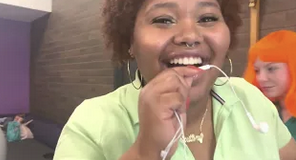



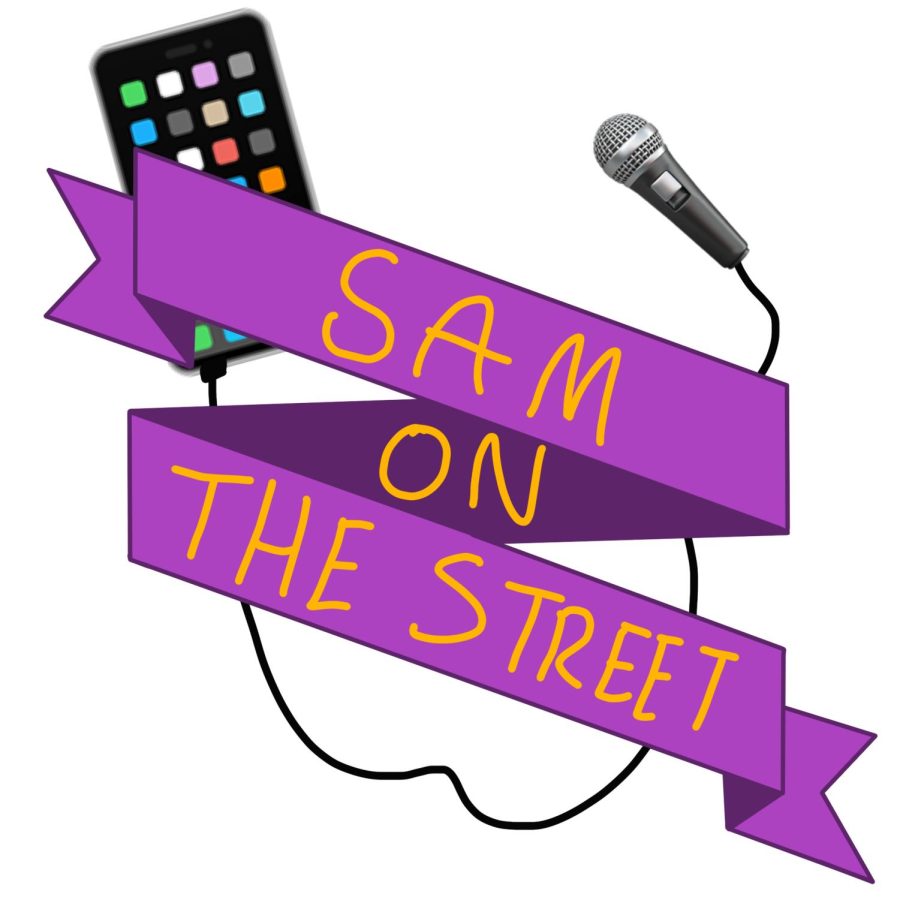




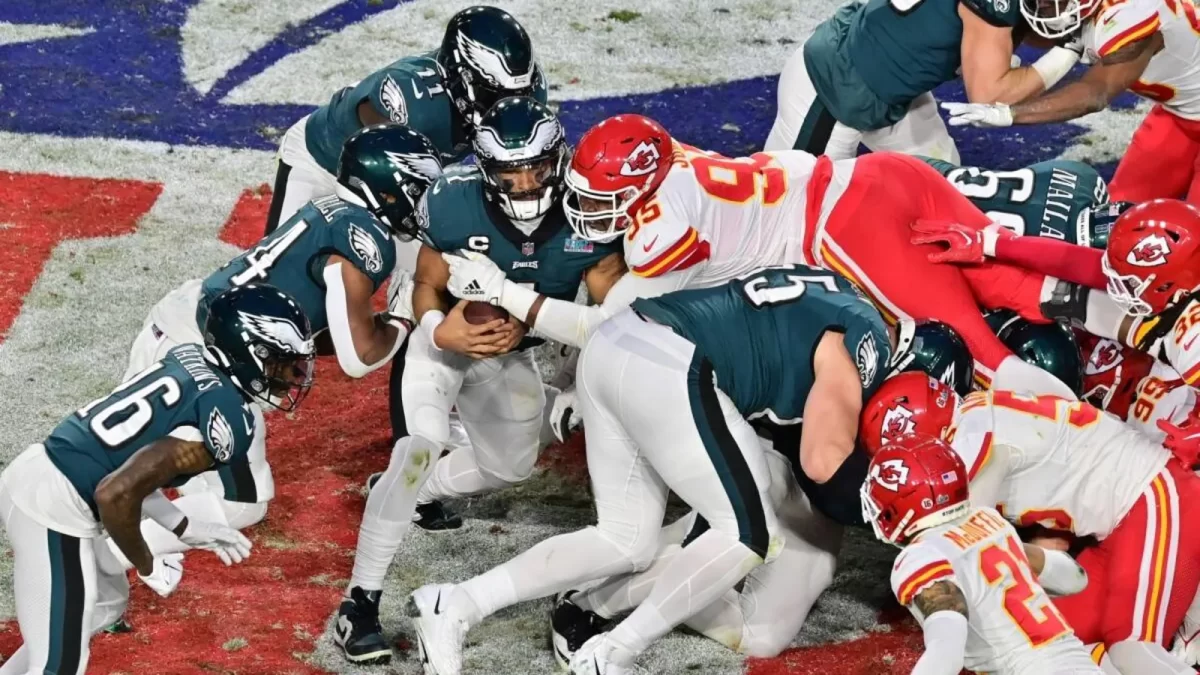





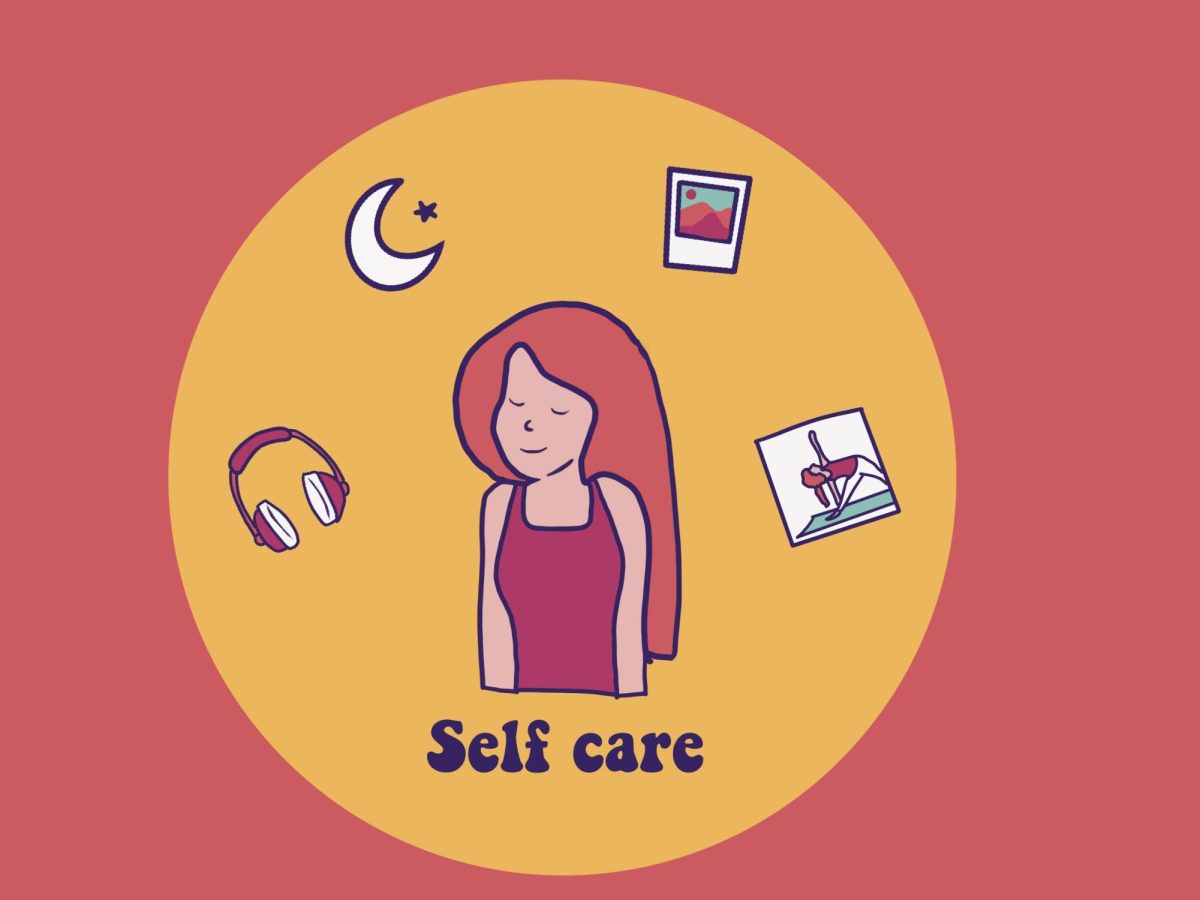
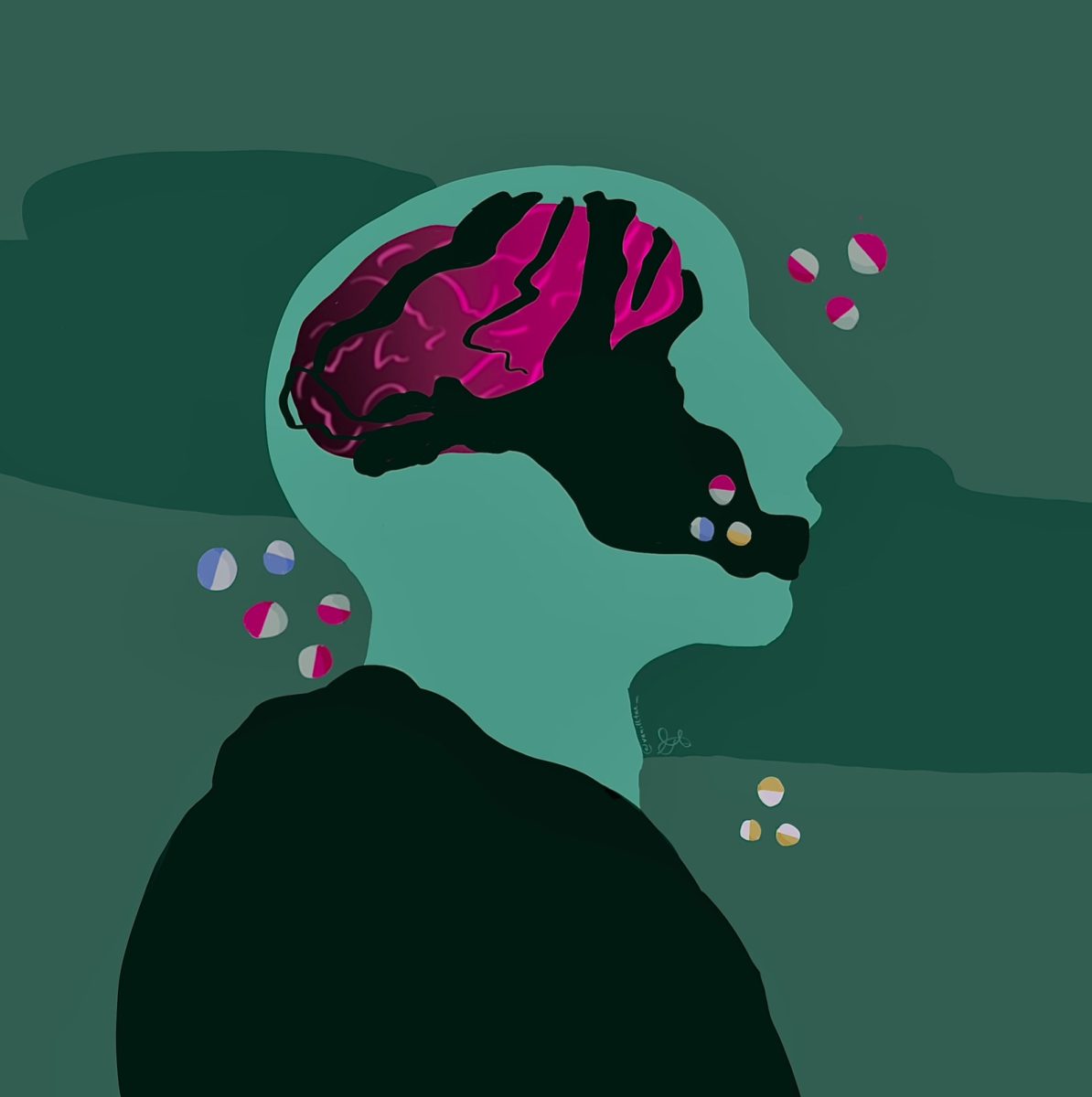
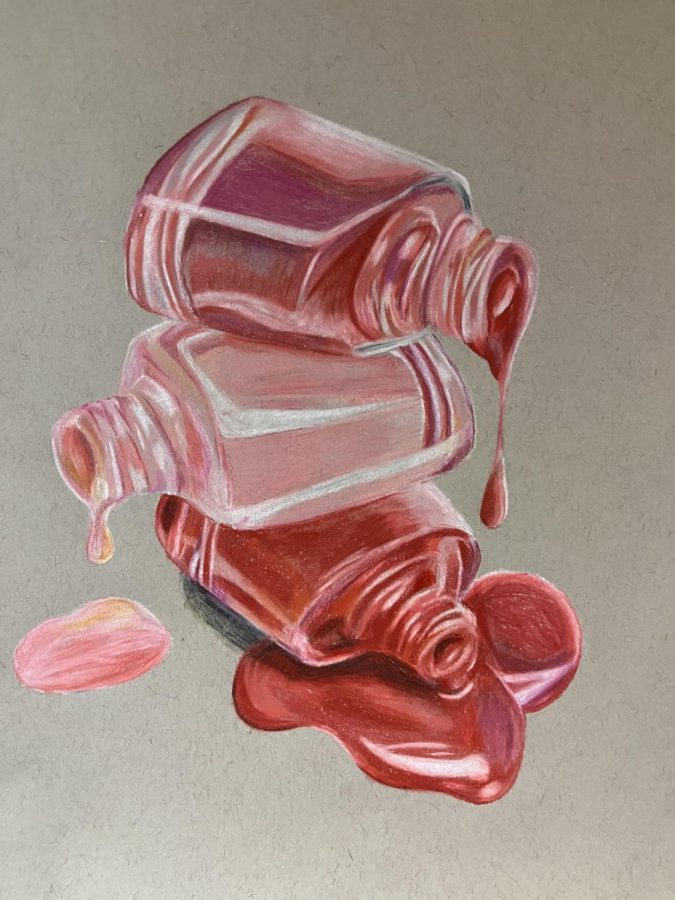


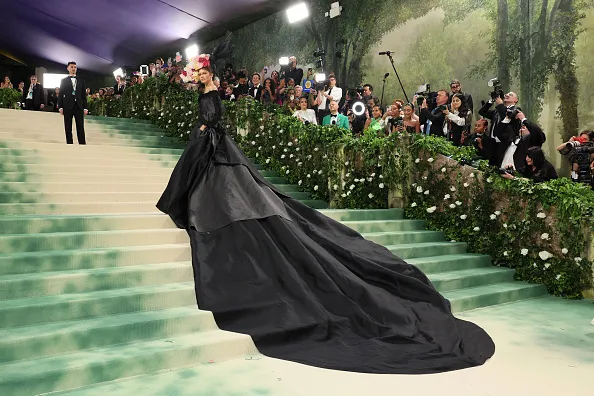














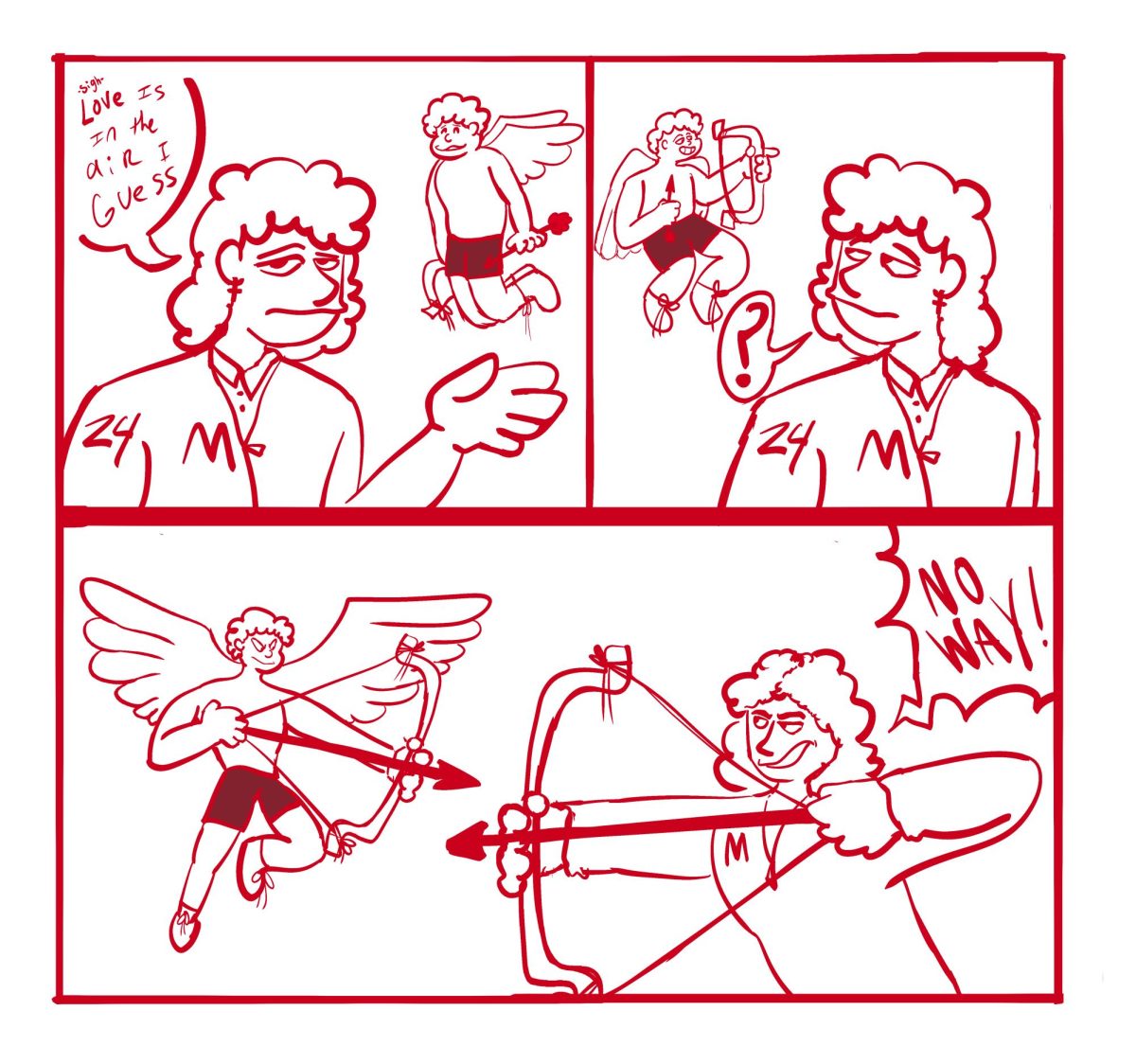
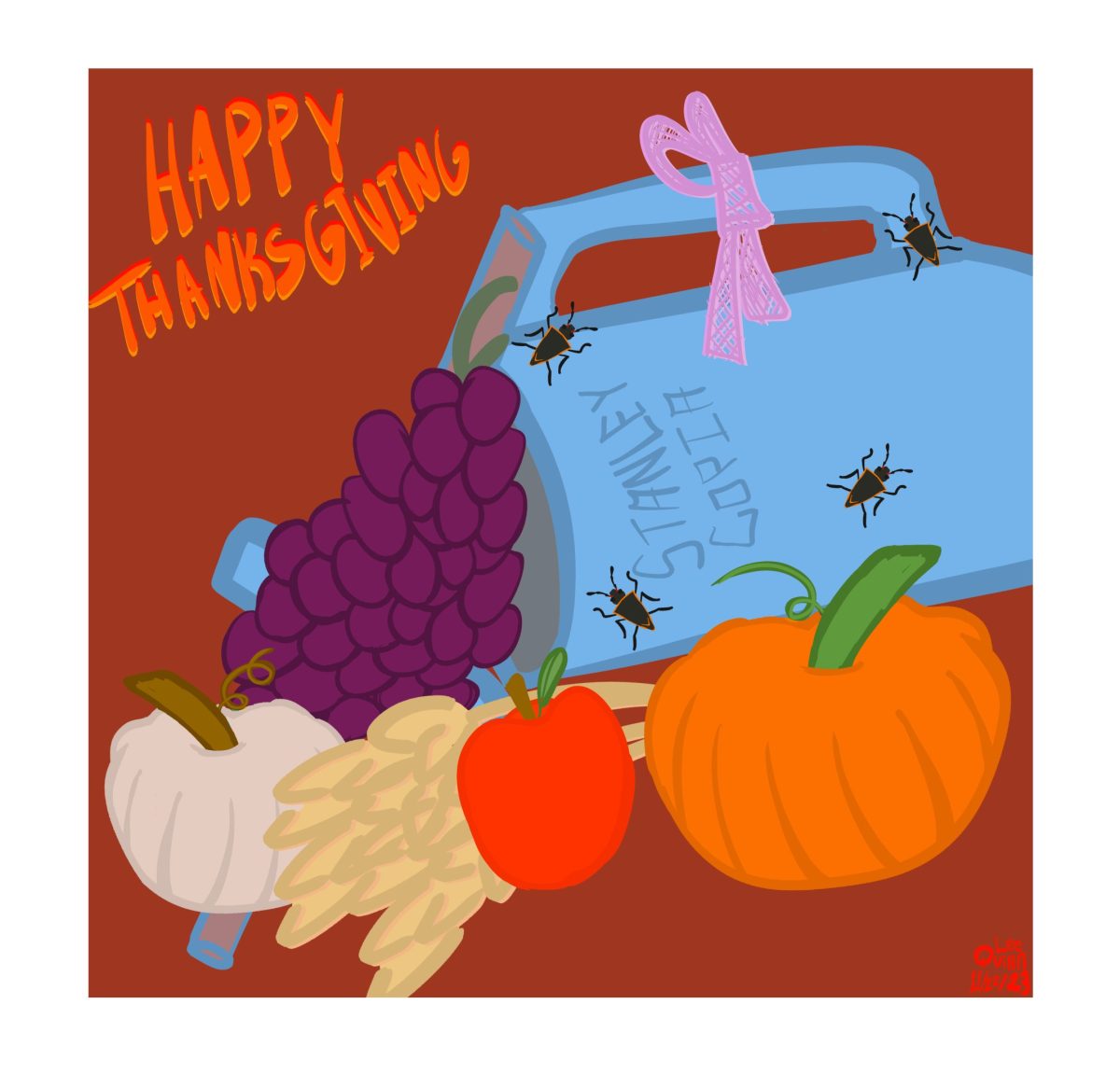
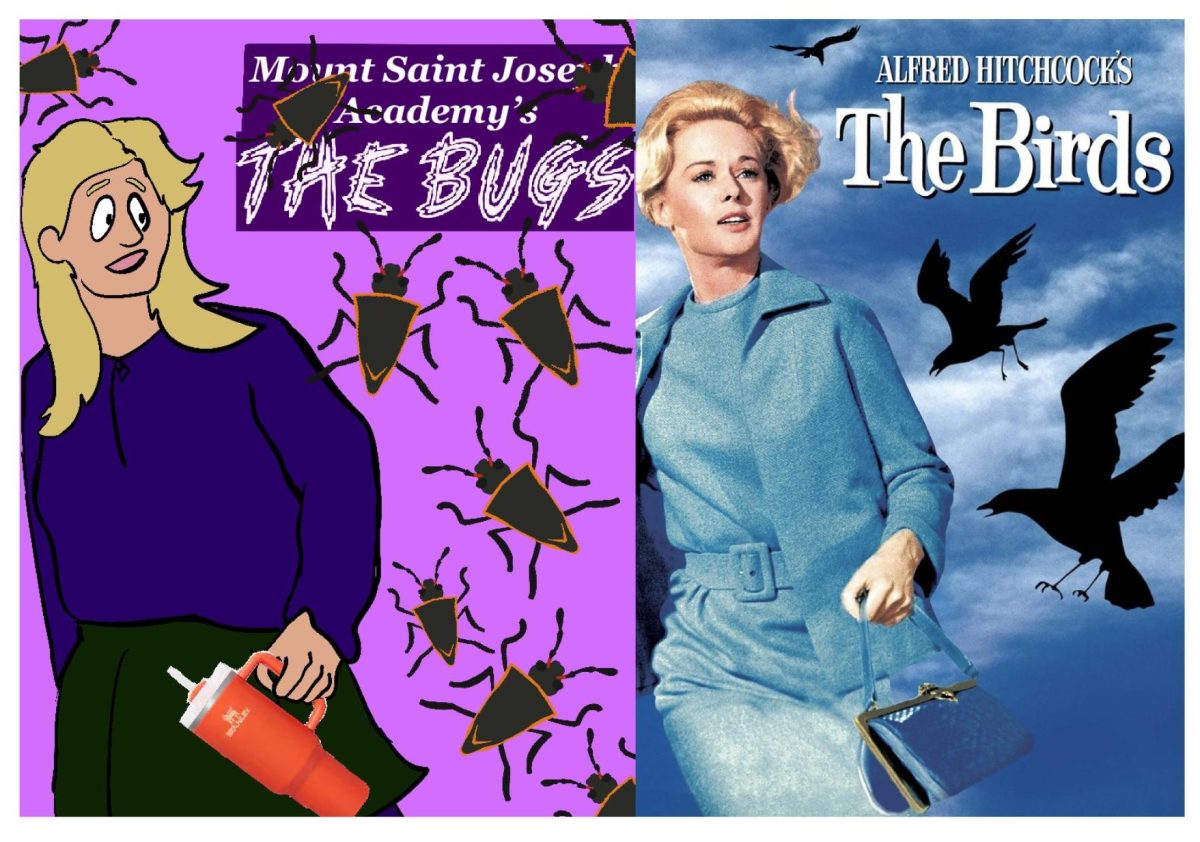
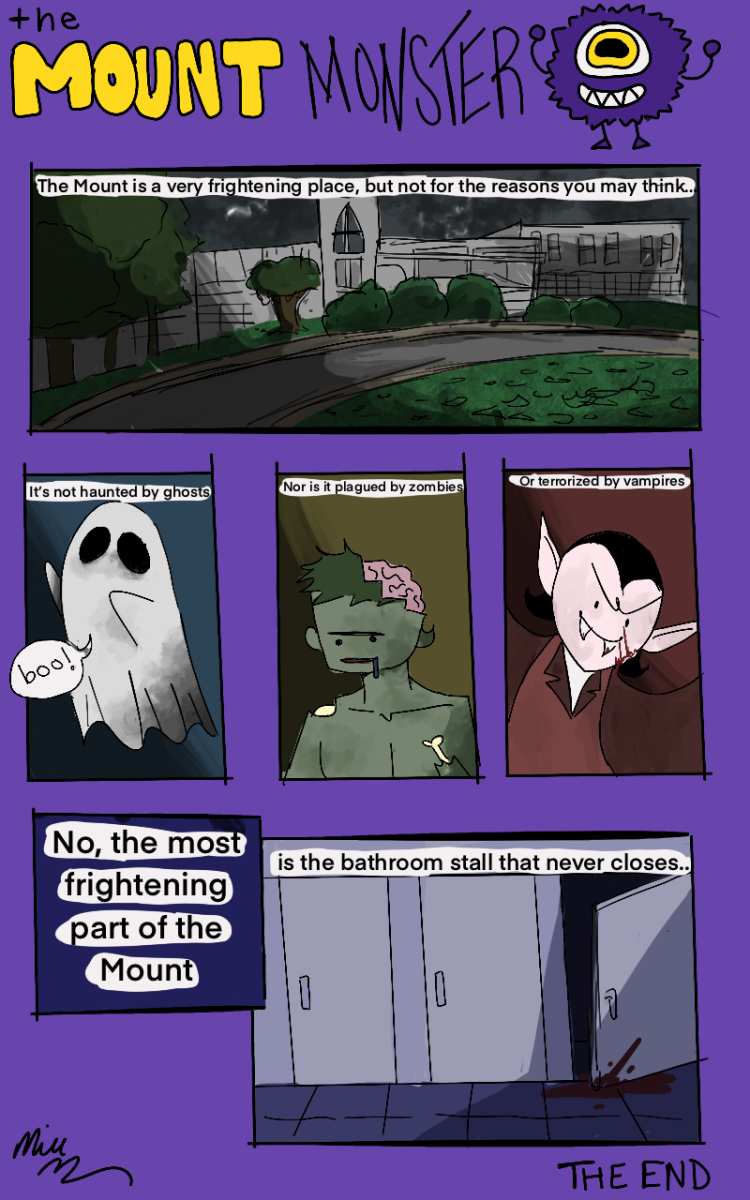
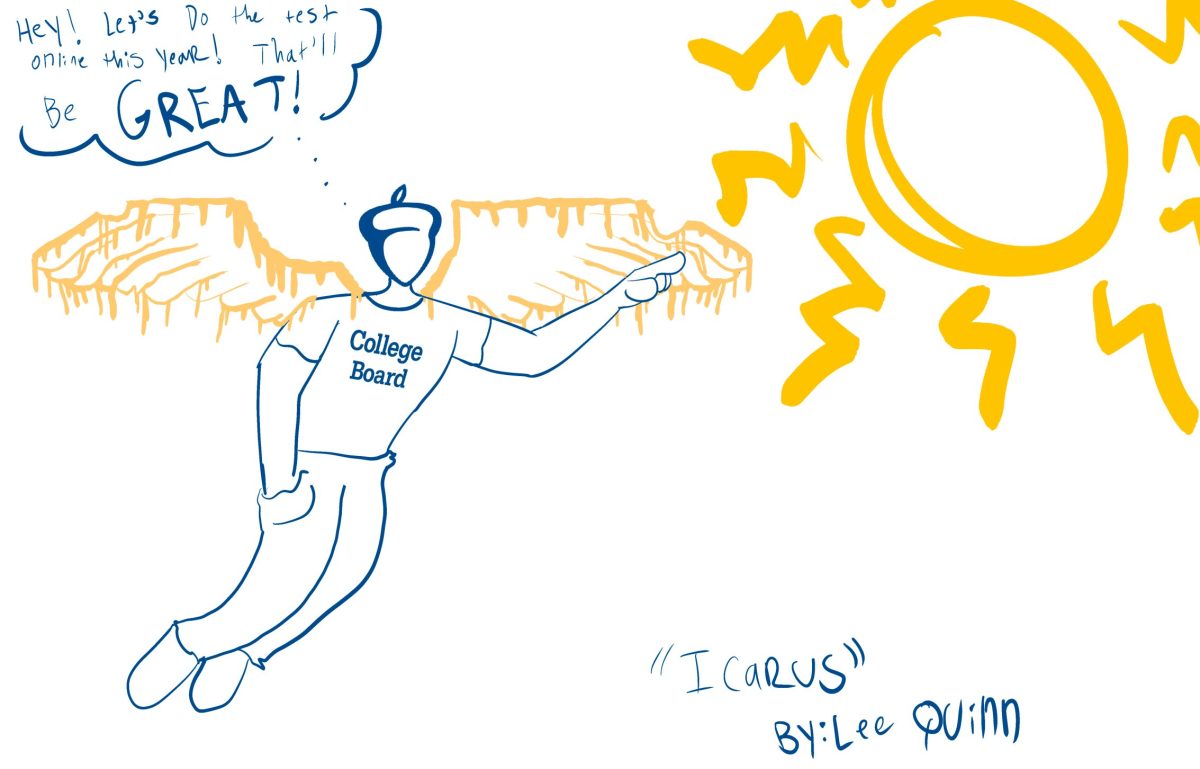
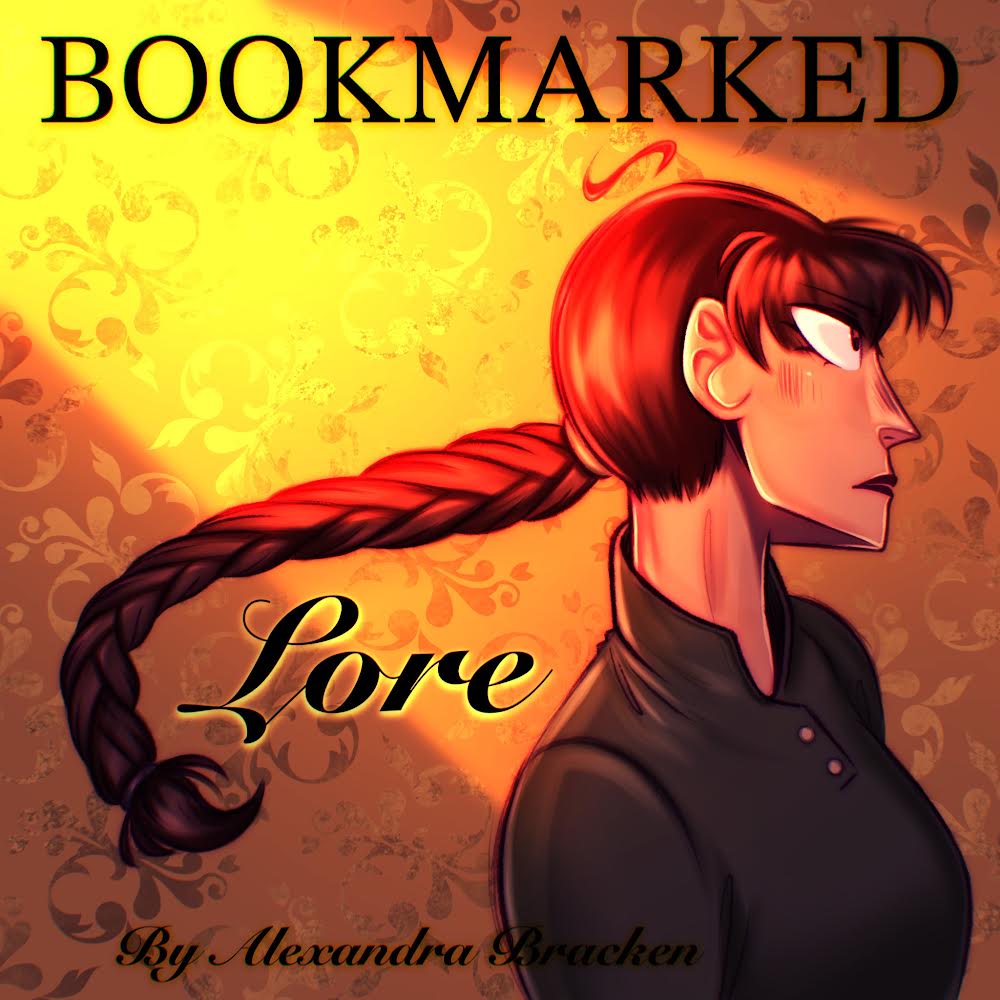
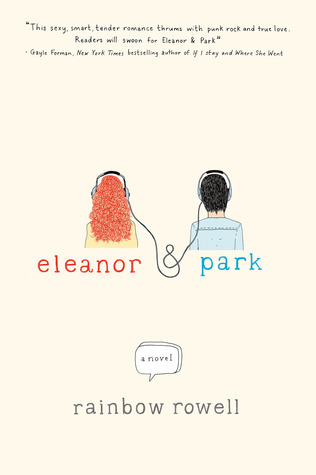
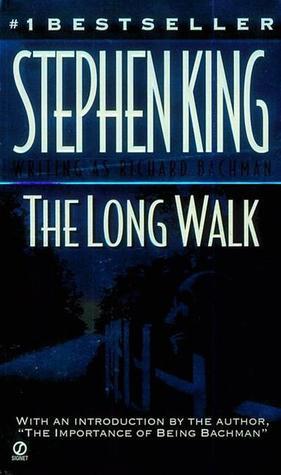

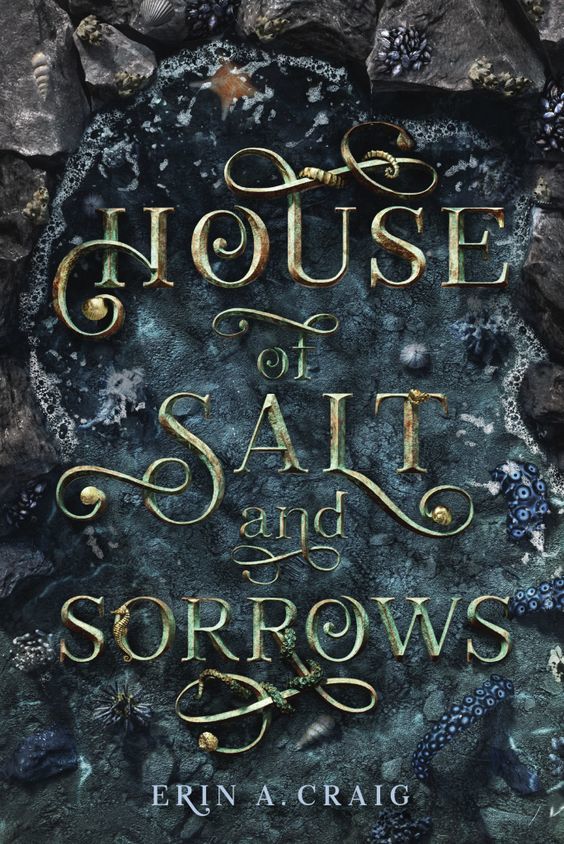

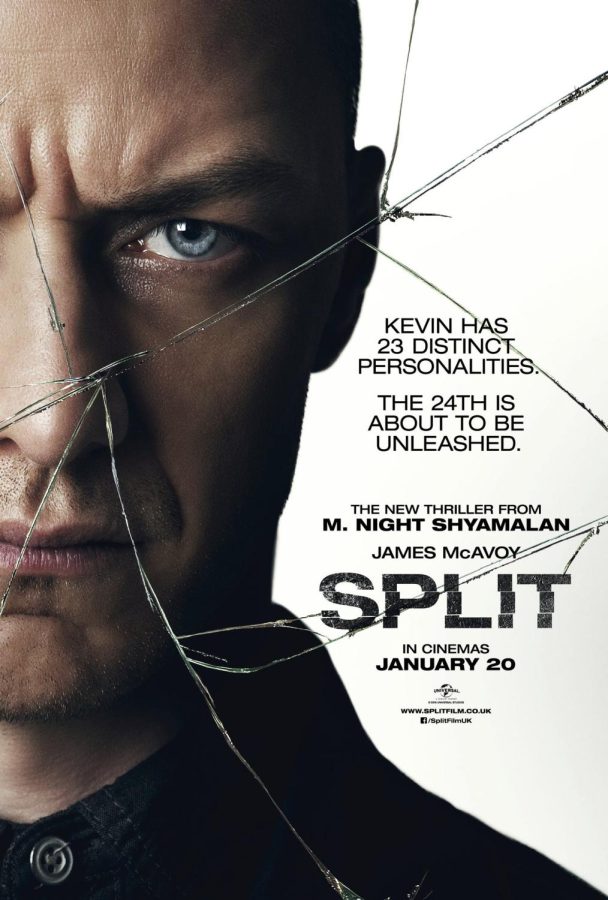
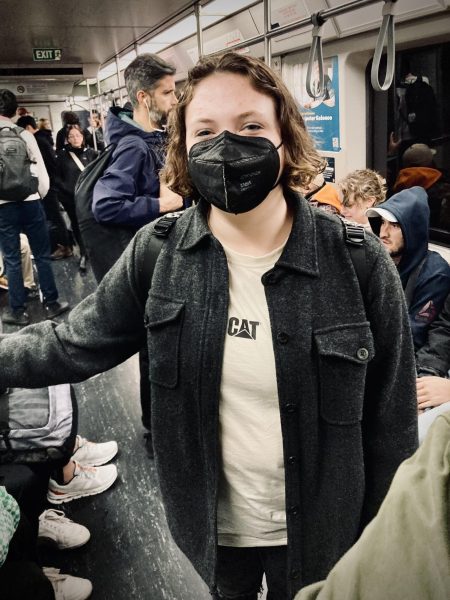






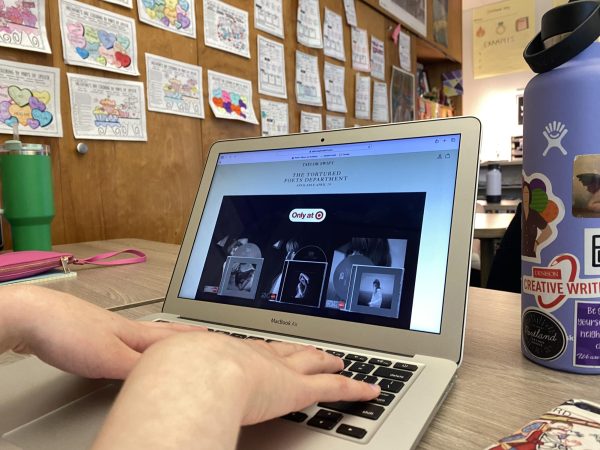
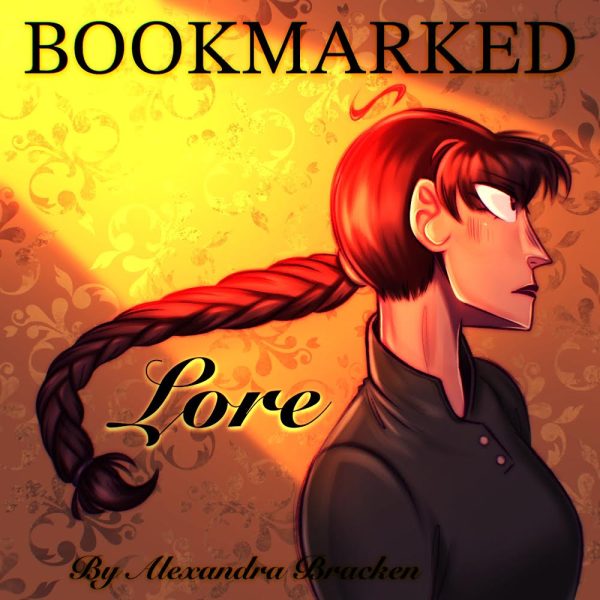
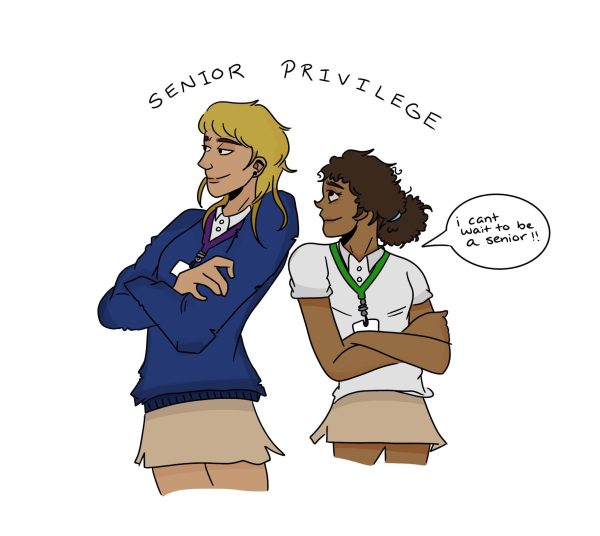

adviser • Nov 16, 2022 at 6:43 pm
Thoughtful piece, Ramsey. Great work 🙂